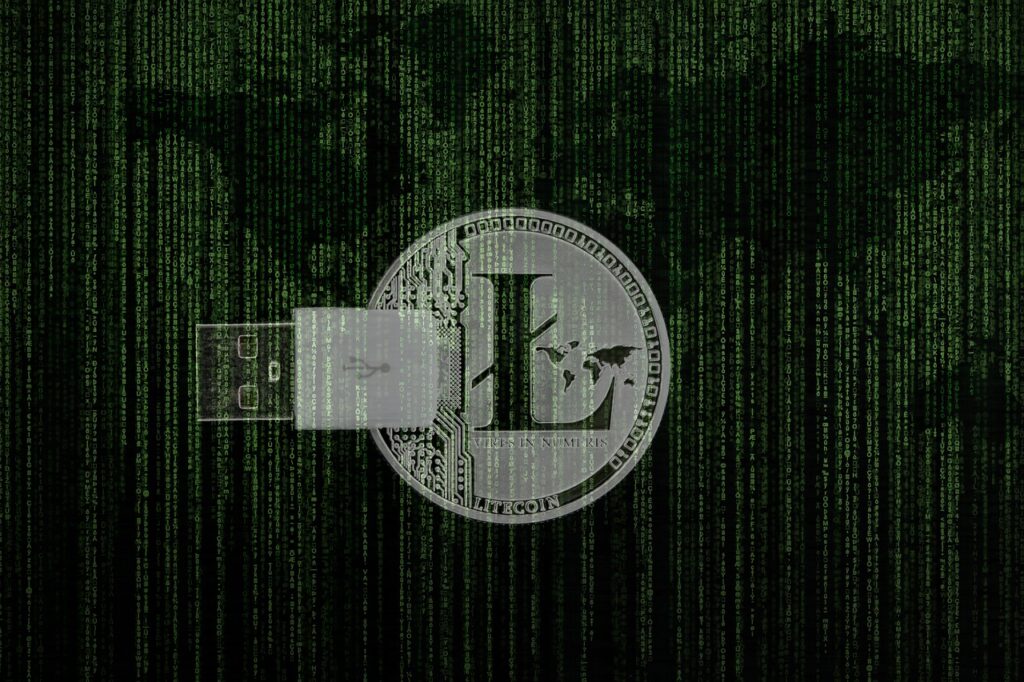Cryptocurrencies have taken the world by storm since the introduction of Bitcoin in 2009. While Bitcoin remains the most well-known and valuable cryptocurrency, there are now thousands of other digital currencies, known as “altcoins”. In this article, we will explore what altcoins are and how they differ from Bitcoin.
Altcoins are digital currencies that are designed to be alternatives to Bitcoin. While Bitcoin is the first and most well-known cryptocurrency, it has limitations that have led to the development of alternative cryptocurrencies with different features and use cases.
One of the most significant differences between altcoins and Bitcoin is the underlying technology they use. Bitcoin is built on a blockchain, a decentralized ledger that records all transactions and ensures that they are secure and tamper-proof. Altcoins can also use a blockchain, but they may use different consensus mechanisms or have other features that differentiate them from Bitcoin.
For example, Ethereum, the second-largest cryptocurrency by market capitalization, is built on a blockchain that supports smart contracts, which are self-executing contracts that automatically execute when certain conditions are met. This allows developers to build decentralized applications (dapps) on top of the Ethereum blockchain, which can be used for a wide range of purposes, from creating digital tokens to powering decentralized finance (DeFi) platforms.
Other altcoins have different features and use cases. For example, Litecoin is designed to be faster and cheaper to use than Bitcoin, while Ripple is designed for use in international money transfers. Some altcoins are also designed to be more privacy-focused than Bitcoin, such as Monero and Zcash.
Altcoins are typically created through a process called “initial coin offering” (ICO), which is similar to an initial public offering (IPO) for a traditional company. During an ICO, developers create a new cryptocurrency and sell it to investors in exchange for Bitcoin or other cryptocurrencies. The funds raised through the ICO are used to develop the new cryptocurrency and its associated technology.
Investing in altcoins can be a high-risk, high-reward proposition. While some altcoins have performed well and provided significant returns for investors, many others have failed to gain traction or have been outright scams. It is important to do your research and carefully evaluate the potential risks and rewards before investing in any cryptocurrency.
One of the biggest risks associated with altcoins is the lack of regulation in the cryptocurrency industry. Unlike traditional financial markets, cryptocurrencies are not regulated by governments or central banks. This means that investors are not protected by the same laws and regulations that apply to traditional investments. There have been numerous instances of fraud and scams in the cryptocurrency industry, which have resulted in significant losses for investors.
Another risk associated with altcoins is their volatility. Cryptocurrencies are known for their wild price swings, which can be caused by a variety of factors, including market speculation, regulatory changes, and security breaches. This volatility can make it difficult to predict the future value of an altcoin, and it can also make it difficult to use cryptocurrencies as a medium of exchange or store of value.
Despite these risks, altcoins continue to be an important part of the cryptocurrency industry. They provide investors with alternative investment opportunities and enable developers to experiment with new blockchain technologies and use cases. As the cryptocurrency industry continues to evolve, it is likely that we will see new altcoins emerge with different features and use cases.
In conclusion, altcoins are digital currencies that are designed to be alternatives to Bitcoin. They are created through a process called ICO and can have different features and use cases. While altcoins provide investors with alternative investment opportunities, they also come with significant risks, including lack of regulation and volatility. As the cryptocurrency industry continues to evolve, it will be important for investors to carefully evaluate the potential risks and rewards of investing in altcoins.







